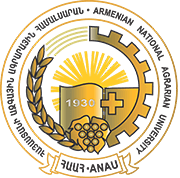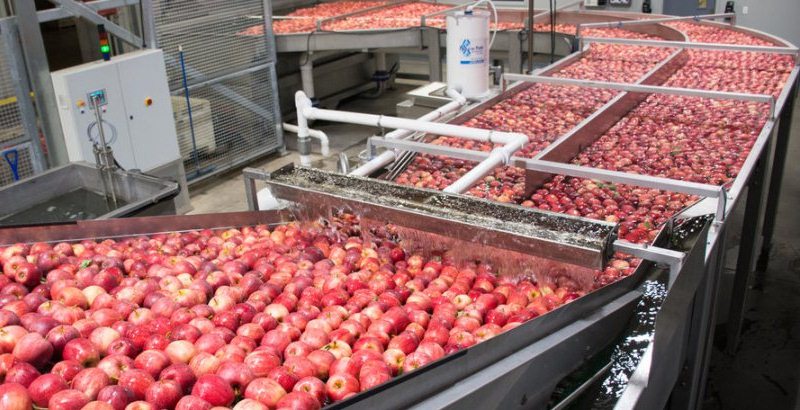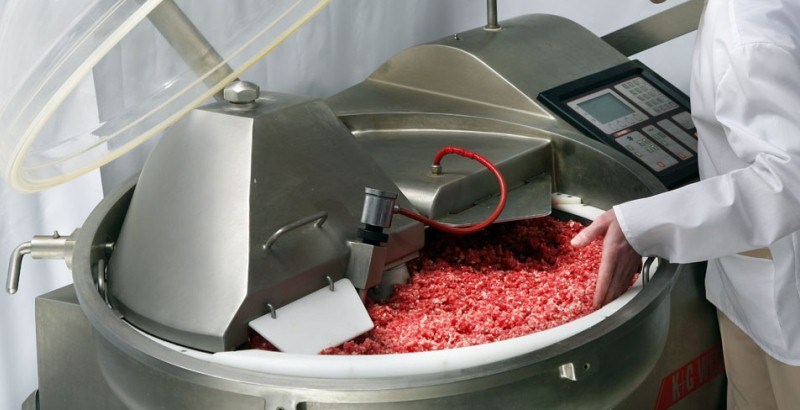The subdivision, as a structural part of Armenian National Agrarian University, was established in 2010 upon the decision of RA Ministry of education and science. Upon the decision taken by the Board of Trustees on November 6th, 2018 the institute was renamed into scientific research institute for Food Science and Biotechnology. The institute consists of 3 divisions:
In 1959 in result of efforts and initiative of milk and dairy technology chair, general lab of dairy was founded, which itself consisted of 5 divisions and lactic acid bacteria gene pool, which is a unique museum in the Republic, where hundreds of identified and certified bacteria are preserved. The bacteria are used as yeast, they are also used in the productions of baby food, acid dairy and cheese production. Lactic acid bacteria, ferments and biologically active compounds, as dietary, preventive, medicinal, antioxidant products, are widely spread in the field of dairy production, bread baking, food canning, enzymatic preparations, medicine and pharmacy.
In the lab, x-ray beam and magnetic field effect on physiological-morphological lactic acid bacteria, genetic (inheritable DNK, RNK), technological, biochemical structural-mechanical characteristics, secondary raw material (serum, fatless milk) and dairy quality (biological, energetic value) are being studied.
The department currently develops waste-free technologies for baby dietetic food from cow, goat, sheep, soy milk, vegetable origin raw materials, acid dairy products and cheese, secondary raw materials for nutrition (butter, whey, non-fat milk) ways of use.
Local bacterial yeasts with high-ecological potential are used, which can decrease environmental pollution.
Expansion of the gene pool of lactic acid bacteria will allow processing productions to produce low-cost, high quality and safe dairy, and local, ecologically clean yeasts, ferments, concentrates, biologically active substances, stabilizers, spoilers, which are required for dairy products as raw materials.
The scientific researchers are wildly recognized internationally, in result scientific relations are established with CIS and other foreign countries.






